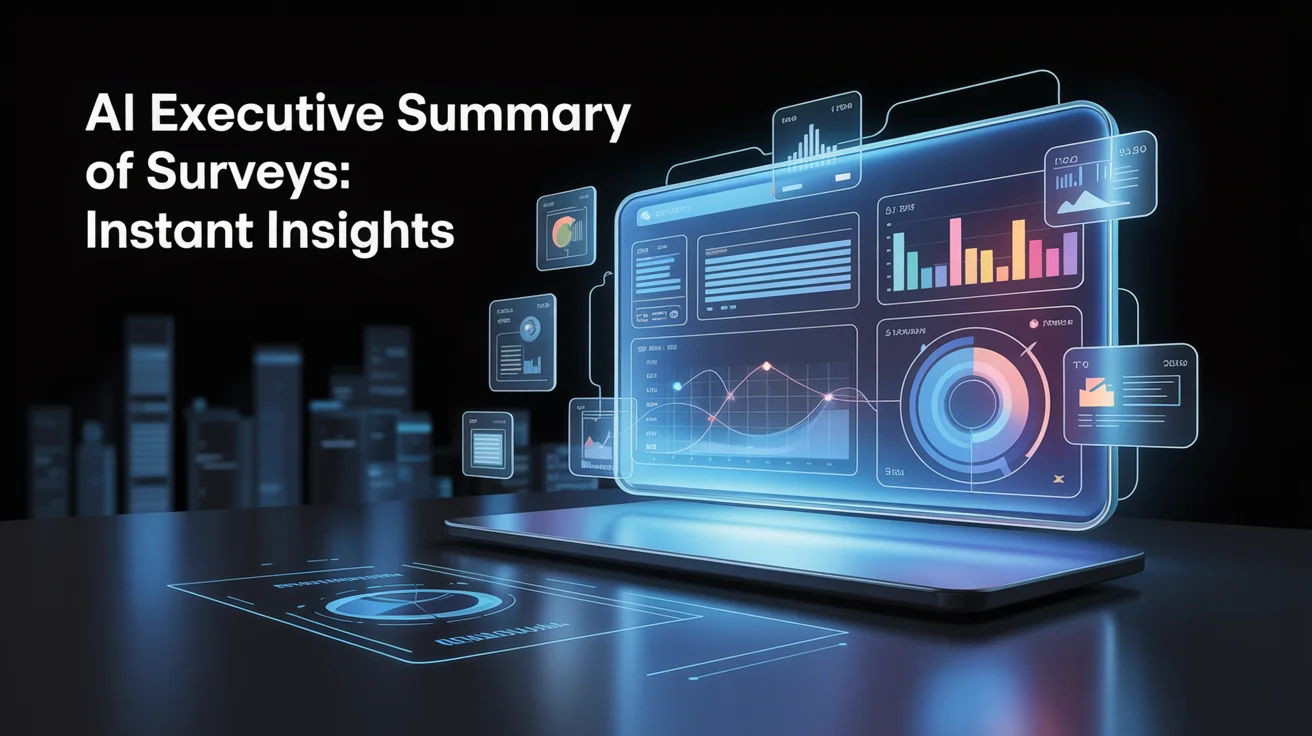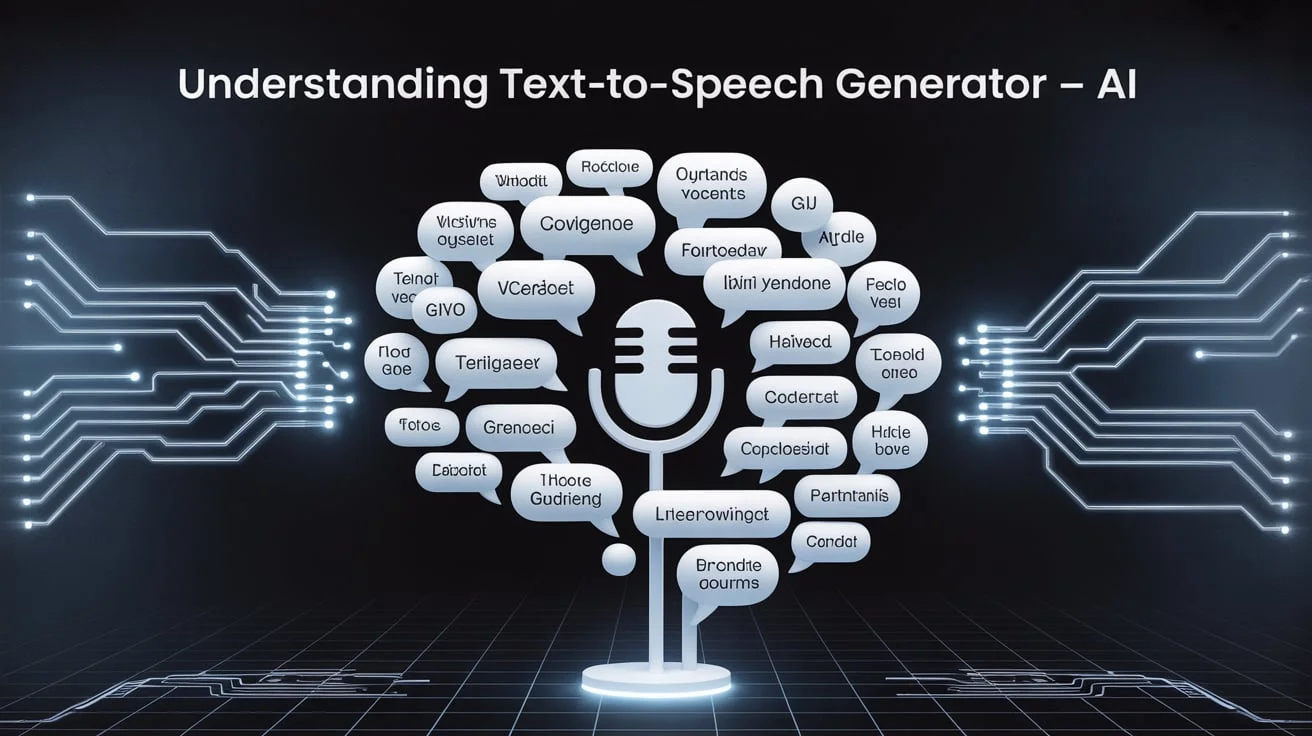AI’s cognitive technologies are changing how machines understand, process, and respond to the world around them.
These technologies go beyond traditional programming they mimic human thought processes to interpret language, recognize patterns, and make decisions.
Cognitive AI is integrated across every industry, from healthcare and finance to education and customer service.
This article will explore key types of cognitive technologies, their real-world applications, and how they impact today’s digital evolution.
What Are Cognitive Technologies of AI?
Cognitive technologies of AI refer to systems that perform tasks traditionally requiring human intelligence. These include reasoning, learning, language processing, and perception.
These tools use advanced algorithms and data analysis to interact with users in a more “human” way. Unlike rule-based automation, cognitive systems adapt over time, making them more accurate and insightful.
Key NLP and semantic features of cognitive AI include:
- Understanding unstructured data like text, voice, and images
- Learning from data patterns and behaviour
- Making informed predictions or decisions based on context
Significant Components of Cognitive AI Technologies

Cognitive AI includes several subfields, each with a unique ability to enhance human-computer interaction. These are foundational to intelligent systems that “think” rather than just “compute.”
Two of the most impactful components include:
Natural Language Processing (NLP)
NLP enables machines to understand and respond to human language. It powers voice assistants, chatbots, translation services, and more. NLP allows computers to break down, analyze, and derive meaning from text and speech.
Machine Learning (ML)
Machine learning helps systems adapt and improve over time without being explicitly programmed. Through data analysis, machines identify patterns and learn to make accurate decisions. This is critical in fraud detection, recommendation engines, and personalized marketing.
How Cognitive Technologies Improve Business Processes
Cognitive AI tools transform everyday business operations by automating tasks, improving efficiency, and personalizing customer interactions. These systems enable companies to analyze massive datasets in real-time and generate actionable insights.
They can also improve decision-making by providing predictive analytics and intelligent recommendations based on past behaviour and trends.
Some practical business uses of cognitive technologies include:
- Chatbots for Customer Service: AI-driven bots provide 24/7 support with human-like responses
- Fraud Detection: Banks use cognitive AI to identify unusual transaction patterns in real-time
- Supply Chain Optimization: AI predicts demand, delays, and risks by analyzing data across networks
- Healthcare Diagnostics: AI helps doctors detect diseases early using image recognition and data comparison
The Role of Perception and Reasoning in AI Systems
Perception and reasoning are critical to creating intelligent, human-like AI systems. These capabilities allow machines to “sense” their environment and make decisions based on logic and context.
Perception involves recognizing images, speech, and other sensory data. Reasoning enables the machine to draw conclusions and decide based on available information.
Benefits of integrating perception and reasoning include:
- Better image and video analysis for surveillance or diagnostics
- More intelligent decision-making systems in autonomous vehicles
- Personalized recommendations in e-commerce platforms
- Enhanced risk assessment in finance and insurance industries
Real-Life Use Cases of Cognitive Technologies of AI
Cognitive technologies are not just theoretical they power practical tools and platforms used daily around the world. These examples show how widespread and beneficial this technology has become.
1. Healthcare Innovation
Hospitals are now using AI-powered imaging tools to detect tumours, analyze scans, and even predict patient outcomes. Virtual health assistants use NLP to answer patient questions and monitor symptoms.
2. Financial Forecasting
Banks and investment firms use AI to analyze market data, automate trading, and detect suspicious activity. Chatbots also help users manage their accounts, saving time and cost.
Key Applications of Cognitive Technologies:
- Education: AI tutors personalize lessons based on student progress
- Retail: Virtual assistants recommend products based on customer behaviour
- Legal: Document analysis tools speed up case research and discovery
- Transportation: Autonomous systems help optimize logistics and traffic
Challenges in Implementing Cognitive AI Systems
While the benefits are clear, adopting cognitive AI also presents challenges. These include technical, ethical, and economic issues that companies must address.
One key concern is data privacy. Cognitive systems rely on large datasets, which can include sensitive information. Security frameworks must be in place to prevent misuse.
Another challenge is ensuring fairness and transparency. Biased data can lead to biased decisions, especially in areas like hiring or lending.
Explainable AI is essential to help users understand how and why a system made a specific decision.
Ethical Considerations in Cognitive AI Development
Cognitive technologies of AI raise questions about human responsibility, bias, and data usage. As machines gain the ability to make decisions, ensuring these systems reflect ethical standards becomes crucial.
Developers and companies must focus on transparency, fairness, and accountability. They must also include diverse data sets, regularly audit algorithms, and explain AI decisions.
Future Trends in Cognitive Technologies of AI
The future of cognitive AI lies in more adaptive, intuitive, and emotionally intelligent machines. These technologies will evolve to understand human emotions, learn faster, and interact naturally in different contexts.
Some promising trends include:
1. Emotion AI
AI that can read facial expressions and tone of voice to understand emotional states.
2. Federated Learning
A privacy-first machine learning method where data remains on the device while models learn collectively.
3. Cognitive Robotics
Combining robotics with cognitive AI enables machines to perform complex physical and mental tasks.
Future Opportunities Powered by Cognitive AI:
- Virtual Therapists: Providing emotional support and mental health tracking
- Smart Cities: AI managing traffic flow, energy use, and safety alerts
- Voice Interfaces: Improved voice-to-text and voice-command accuracy
- Content Creation: AI tools helping writers, designers, and coders
Final Thoughts
AI’s cognitive technologies rapidly transform how we interact with the digital world. These tools improve efficiency and open the door to deeper, more intelligent, and more intuitive systems.
As the technology advances, it is vital to use it responsibly, ensuring that the benefits reach everyone and that ethical boundaries are respected.
By embracing the power of cognitive AI, industries and individuals alike can shape a more intelligent and connected future.
Frequently Asked Questions:
Q1: Are cognitive technologies only valuable for large companies?
Small businesses also use AI tools like chatbots and email automation to improve productivity.
Q2: How is cognitive AI different from general AI?
Cognitive AI focuses on specific tasks, such as understanding language or recognizing images, whereas general AI would perform any intellectual task a human can.
Q3: What skills are needed to work with cognitive AI?
Skills in data science, machine learning, programming (like Python), and understanding AI ethics are functional.




